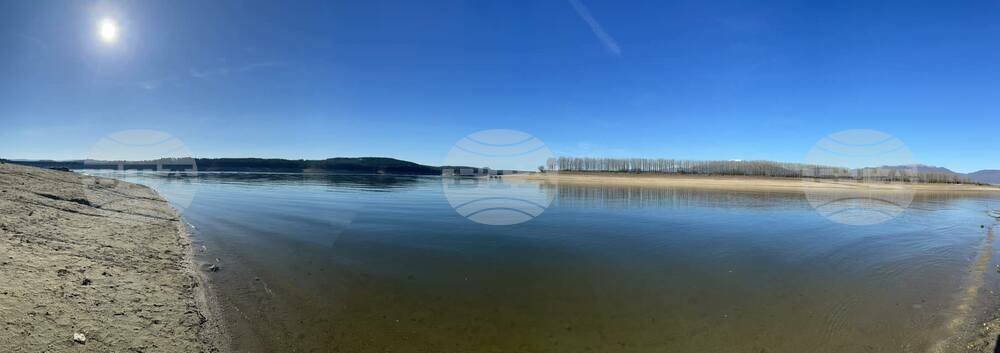site.btaEast-Aegean Basin Directorate: Dissolved Oxygen Levels in Koprinka Reservoir Below Standard but Above Critical Threshold


Field studies of surface waters have shown low levels of dissolved oxygen at 2.71 mg/l and recorded oxygen saturation values of 27%, which do not meet the standards for a healthy water body, the East-Aegean Basin Directorate (EABD) in Plovdiv said on Facebook on Friday. These levels, however, are above critical thresholds.
The measured levels of dissolved oxygen are above the critical threshold of 2 mg/l. Fish start to feel stressed below this level, and most die if it drops under 1 mg/l. The most sensitive fish species to low oxygen levels include zander, perch, silver carp, pike, and sturgeons, which are farmed in the reservoir's cage system.
The data indicates no significant algal bloom in the Koprinka reservoir. The probable cause of the low oxygen levels is the increased oxygen demand from existing aquatic organisms and ongoing decomposition processes, which are worsened by decreasing water volume and high temperatures.
EABD said that due to the low water levels and concerns about potential fish die-offs raised by organizations and experts in the media, a team from the Regional Laboratory in Stara Zagora will conduct daily water quality tests at the reservoir. EABD will keep monitoring dissolved oxygen levels. If these levels near the 2 mg/l threshold, measures will be taken to limit water usage from the reservoir.
On August 17, 2024, Nikolay Georgiev, Executive Director of the Executive Agency for Fisheries and Aquaculture said analyses of the water temperature in fish farms show that it is gradually rising, reaching 29-30C, and there is a decrease in oxygen in the water, resulting in fish die-offs. There is also a problem in several strategic reservoirs in Southern Bulgaria, where the water has dropped four times below its normal level, which also negatively affects the life of aquatic organisms, Georgiev said. Besides waiting for rain, the law demands that cages in the reservoirs be moved to deeper areas when water levels drop. This is already being done at Koprinka and Zhrebchevo reservoirs.
/MR/
news.modal.header
news.modal.text